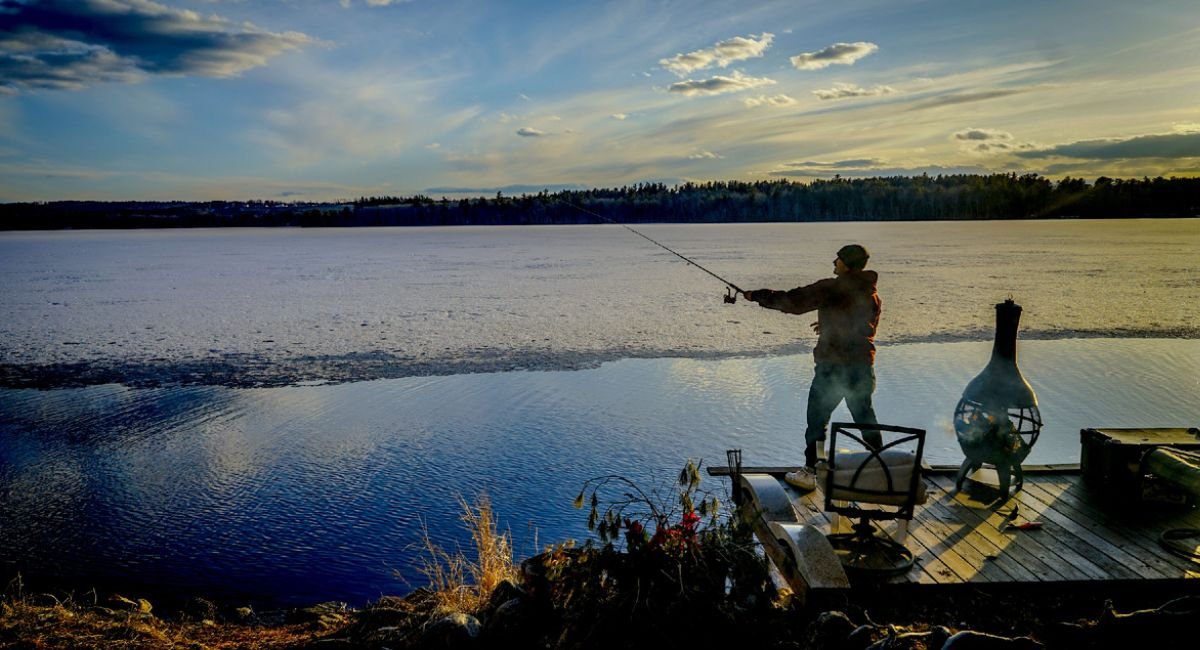
Fiskning: A Deep Dive into the World of Fishing
Introduction
Fiskning – the literal Norwegian translation of which means fishing – is an activity, a job, and, most importantly, a lifestyle charming people’s hearts for ages all over the globe. Fishing according to their type varies from a man standing on the beach holding a fishing rod and waiting for a fish to take the bait to large fishing vessels that can stay in the sea fishing for up to a week. From a historical aspect to the technological side and the numerous tools that relate to it and the impact of fiskning on the environment together with it’s cultures values.
A Brief History of Fiskning
Fishing in all its aspects dates back to the very beginning of the world as we know it. The first ancestors to involve themselves in capture of fish, used crude equipment such as a spears and hooks that were made from bones. Through the years, fishing can be categorized as an art which had been define through the advancement of fishing techniques, fishing boats, and fishing gears.
The CFF signals that were quality fish meals are a great source of protein and an integral feature of a Viking diet because this society was mostly made up of fishermen. Boating experts constructing strong boats and understanding the sea creatures helped in enhancing the fishing methodologies.
Types of Fiskning
Fiskning encompasses a wide array of methods and environments. Here are some common types:
• Freshwater Fishing: Fishing in rivers, lakes, and ponds is the process of namely catching the fish. Some of the most preferred species of fresh water are trout, bass, catfish and carps.
• Saltwater Fishing: Occur in seas, oceans, and in coastal water areas such as estuaries. Saltwater fishing covers various fish species that include bait fish, and the big game fish that include the tuna, marlin, and shark.
Essential Fiskning Equipment
The type of equipment needed for fishing depends on the target species, fishing method, and location. However, some basic essentials include:
- Rod and Reel: The core components of a fishing setup, used to cast and retrieve the line.
- Line: Connects the rod to the hook and lure.
- Hooks: Used to catch fish.
- Lures or Bait: Attract fish to the hook.
- Fishing Waders or Boots: For fishing in water.
- Nets: Used to land fish.
- Tackle Box: For storing fishing gear.
Environmental Impact of Fiskning
Historically, fishing has been a sustainable activity but the problems of overfishing and unsuitable fishing techniques have degenerated the Marine ecosystem. To reduce these effects, sustainable fishing practices for example; quotas, MPA and proper use of gears can be applied.
The Cultural Significance of Fiskning
Fiskning has played a vital role in shaping cultures worldwide. It has provided sustenance, supported economies, and inspired art, literature, and folklore. Fishing has also been a source of recreation and relaxation for millions of people.
FAQs
Q: What is the best time of year to go fishing?
A: The best time to fish depends on the target species and location. Generally, spring and fall offer excellent fishing conditions for many species.
Q: Do I need a fishing license?
A: Fishing regulations vary by country and region. It is essential to check local laws and obtain any required licenses before fishing.
Q: What are some popular fishing destinations?
A: Popular fishing destinations include coastal areas, lakes, and rivers known for abundant fish populations. Some famous fishing spots are Alaska, Florida, Canada, and the Great Lakes region.
Q: Is fishing a dangerous activity?
A: While fishing is generally safe, it involves inherent risks, such as drowning, boat accidents, and injuries from fish hooks. It’s crucial to prioritize safety by wearing life jackets, following boating regulations, and using proper fishing equipment.
Conclusion
Fiskning whether as trade or hobby, has always captivate mankind. We can gain closeness to nature, food, and recreation from activities like hunting. To understand the changes in fishing, the types of fishing, the tools used, and the environmental impacts, we can both enjoy fishing and work hard to ensure its continuation for future generations.


